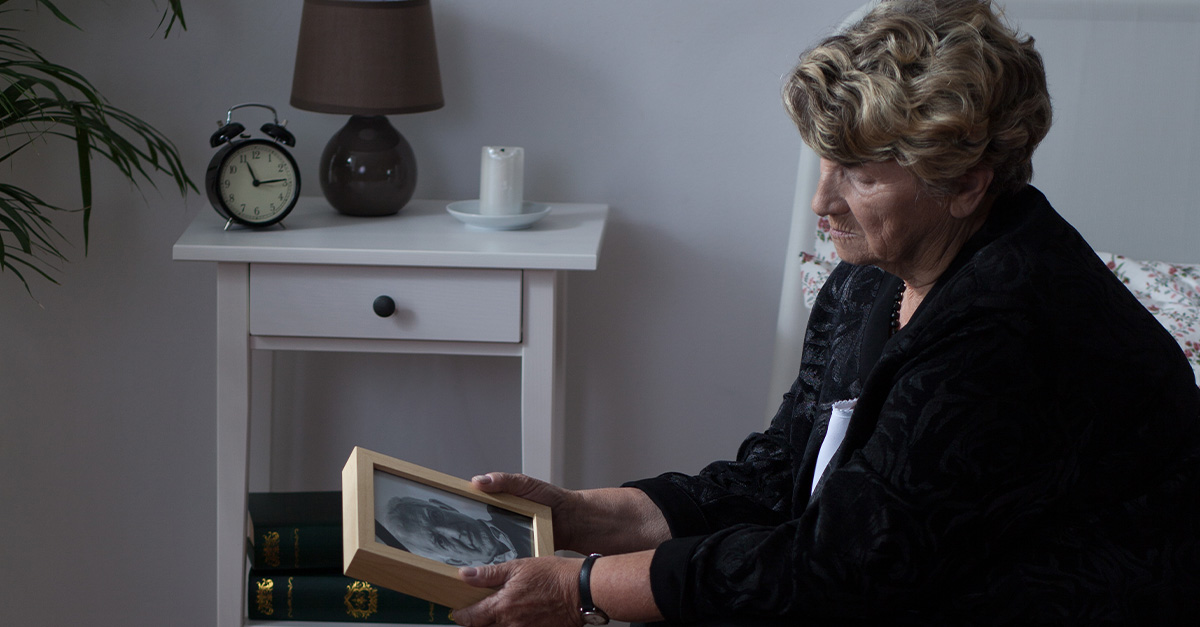My Mom Took Out A Reverse Mortgage Without Telling Me. Now What?
Finding out your parent took out a reverse mortgage is jarring enough. Learning the bank now wants the house? That’s a gut punch. Let’s walk through what’s going on, what you can do, and how to move forward without losing your sanity—or your roof.

What A Reverse Mortgage Actually Is
A reverse mortgage is a loan for homeowners 62 and older. Instead of making payments, the bank pays them—either monthly, in a lump sum, or as a line of credit—using the house as collateral. This sounds nice in theory, but when the borrower passes away, sells the house, or moves out, the loan comes due.
Why The Bank Is Suddenly Knocking
Your mom likely borrowed against the home’s equity. Once she no longer lives there full-time—or if she’s passed away—the bank can demand repayment. If there’s no money to cover it, foreclosure looms. This isn’t the bank being “mean”; it’s how these loans are structured.
The Emotional Shock Factor
Finding out this way is tough. It can feel like betrayal: “Why didn’t she tell me?” Remember, many seniors take out reverse mortgages quietly, either out of pride, financial desperation, or misunderstanding. Blame the system, not just your mom. Compassion will help you navigate the mess.
Step One: Gather All The Paperwork
Before panicking, get the facts. Ask the lender for a copy of the reverse mortgage agreement. Pull tax records, loan statements, and any letters the bank sent. You can’t fight or plan if you don’t know the terms and numbers.
Step Two: Call The Loan Servicer Immediately
Don’t avoid them! Reverse mortgage servicers deal with families like yours all the time. They’ll explain repayment options, deadlines, and exactly how much is owed. Ignoring them only speeds up foreclosure.
Step Three: Understand Your Options
Generally, you’ve got three paths:
Pay off the loan (rare, unless you’ve got cash).
Sell the house and use proceeds to repay.
Sign the deed back to the lender (a “deed in lieu of foreclosure”).
Knowing which door is open depends on the loan balance and home value.
Can You Keep The House?
Yes—if you pay back the reverse mortgage. Here’s the kicker: you only owe the lesser of the loan balance or 95% of the home’s current market value. That rule exists to protect heirs. If the house is worth less than what’s owed, you’re not on the hook for the difference.
 Photo By: Kaboompics.com, Pexels
Photo By: Kaboompics.com, Pexels
The Selling Route
Often, the most realistic option is selling the home. If the sale covers the reverse mortgage, great. If not, the non-recourse clause means the bank can’t chase you for more. It’s tough emotionally, but financially it can give you a clean slate.
What If The Balance Exceeds The Value?
Good news: reverse mortgages are federally insured. That means if your mom owes $300,000 but the house is worth $200,000, you—or her estate—only pay what the house sells for. The FHA insurance covers the shortfall. You don’t inherit her debt.
Timing Is Everything
The lender typically gives heirs 30 days after the borrower’s death or move-out to decide what to do, and up to six months to sell or refinance. Extensions are possible if you communicate and show progress. Silence is your enemy here.
Don’t Forget About Probate
If your mom passed away, the house is part of her estate. That means probate court might be involved. The executor will coordinate with the lender. If you’re not the executor, loop them in immediately so deadlines don’t slip through the cracks.
Should You Talk To A Lawyer?
Absolutely. A foreclosure attorney or estate lawyer can translate the fine print and ensure you’re not bullied or rushed. Many offer free consultations. Think of them as your translator in a language designed to confuse.
 Photo By: Kaboompics.com, Pexels
Photo By: Kaboompics.com, Pexels
Credit And Debt Impact
Here’s some relief: your personal credit score is safe. You’re not responsible for your mom’s reverse mortgage debt. This is about the house, not you. Don’t let fear of being saddled with her loan stop you from engaging.
Exploring Refinancing
If you desperately want to keep the home, consider refinancing into a traditional mortgage in your own name. That means proving income, creditworthiness, and the ability to make payments. It’s a big commitment—don’t jump in blind.
Watch Out For Scams
The moment foreclosure looms, vultures circle. Beware of “foreclosure rescue” companies promising miracles for a fee. Only trust licensed attorneys or HUD-approved housing counselors. Anyone else is probably after your wallet.
Talking To Family
This isn’t just your burden. Talk openly with siblings, spouses, or anyone else tied to the estate. Fighting about “mom’s house” destroys families. A united front makes decisions easier—and shows the bank you’re serious.
Emotional Closure
Losing a parent’s home is emotional, but remember: it’s walls and a roof, not the sum total of your memories. Don’t let financial stress eclipse the good. Give yourself permission to grieve both the person and the house.
Lessons For The Future
Use this as a wake-up call. Talk to your own kids or relatives about your finances. Set up wills, trusts, or life insurance so nobody gets blindsided. Transparency is the best inheritance you can give.
The Bottom Line
You can’t stop the reverse mortgage train, but you can control how it plays out. Act quickly, talk to the lender, explore options, and lean on professional help. The goal isn’t just saving a house—it’s protecting your peace of mind while honoring your mom’s memory.
 Photo By: Kaboompics.com, Pexels
Photo By: Kaboompics.com, Pexels
You May Also Like:
Jackpot Nightmares: Lottery Winners Who Lost Everything
The Weirdest Shark Tank Products























